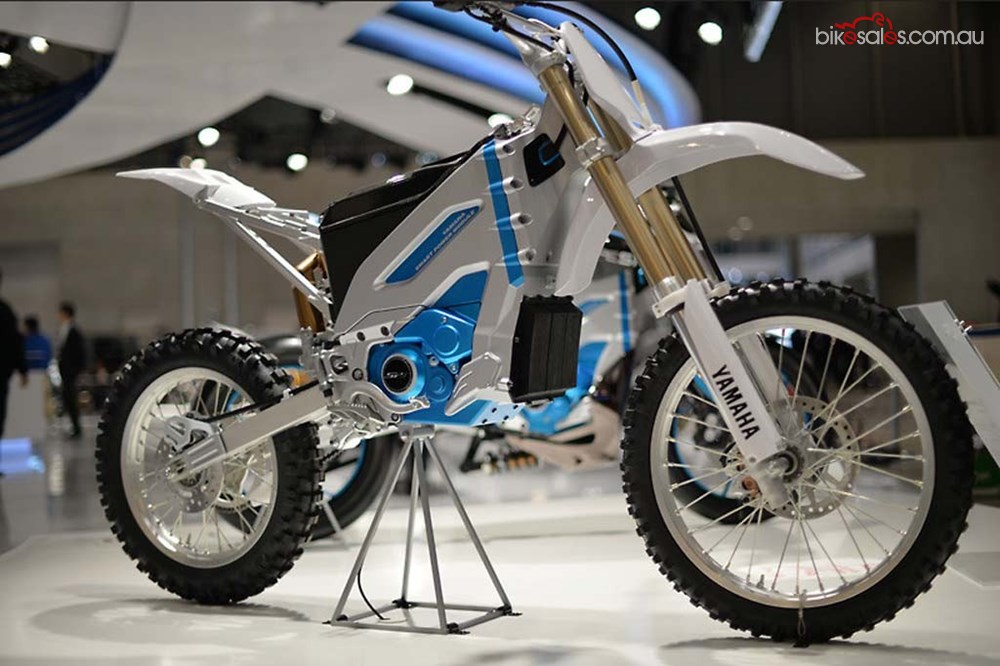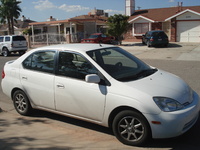 I’ve been seeing more and more people driving electric motorcycles or motorbikes in the last year or two, which made me wonder: are electric motorcycles eco-friendly? Here’s what my research revealed, with thanks to Bikesales.com.au for supporting this post.
I’ve been seeing more and more people driving electric motorcycles or motorbikes in the last year or two, which made me wonder: are electric motorcycles eco-friendly? Here’s what my research revealed, with thanks to Bikesales.com.au for supporting this post.
What is an Electric Motorcycle?
Electric motorcycles look pretty much like a typical motorcycle but are powered by an electric battery rather than a gasoline-fueled engine. They’re generally somewhat bigger and more powerful than an electric scooter and can travel farther than a scooter when their battery is fully charged. They shouldn’t be confused with an electric bicycle, which can be pedaled if the driver prefers to only use the battery when cycling up a hill or covering a longer distance than the driver wants to pedal.
Eco Benefits of Electric Motorbikes
Like electric cars, electric motorbikes offer several benefits over gasoline-powered vehicles when it comes to air pollution, noise pollution, fuel source, and climate change.
• Because their fuel is electricity rather than gasoline, electric motorbikes use no oil or gasoline and emit none of the exhaust fumes that cause air pollution and smog. In fact, if you have chosen to get your electricity from a wind farm, you can power your bike with clean renewable energy.
• They’re not releasing carbon dioxide when they’re being driven, either, so operating an electric motorcycle doesn’t add to climate change.
• They can be charged during off-peak hours using the excess energy utilities generate in evenings, so they require no new source of fuel.
• They’re usually cheaper to operate than a gasoline-powered vehicle, since electric engines are cleaner than those powered by gas and oil.
• A driver can’t really rev an electric motorcycle engine, so it is generally quieter than a gasoline-powered motorcycle. (Some critics point out that the quietness of an electric motorcycle may make it harder for drivers to be aware they’re on the road.)
• Some advocates of electric motorcycles suggest that, because these vehicles are more lightweight than cars, they wreak less wear and tear on highways and roads. Because they’re smaller, motorcycles can take up less parking space, as well. At my Metro subway station, it looks like two motorbikes are being parked in the same size space that’s reserved for one car.
Compared to gas-fueled motorcycles, electric motorcycles do offer many tangible environmental advantages.
What About the Batteries?
Electric batteries may be made from lithium ion, nickel metal hydride or lead acid. Nickel metal hydride batteries are being phased out, so you most likely would be choosing between lead acid or lithium ion batteries.
Of these, research conducted by Alternative Energy eMagazine and the transportation research department of Elsevier, Ltd. indicates that lithium ion batteries are better for the environment in several ways. In particular, it takes more raw material to make a lead acid battery than it does to make a lithium ion battery. Lead processing creates more pollution. Plus, lead is more toxic to human health. As with any vehicle battery, whether for a car or a motorbike, it is important to recycle the battery at the end of its useful life. If buying an electric motorcycle, opt for one powered by a lithium ion battery.
How Far Can An Electric Motorbike Travel?
The range of an electric motorbike will vary between 40 miles/25 km to 100 miles/65 km, depending on whether the battery is fully charged. That is certainly enough to cover a daily round-trip commute to work or to manage daily chores before the battery would need to be recharged. The amount of time it takes to recharge a battery will depend on the size of the battery. In almost all cases, the battery can be recharged fully overnight.
What About Mass Transit?
It will almost always make sense to use mass transit over a single-passenger vehicle, whether it is powered by electricity or gas. The economies of scale of manufacturing and powering one large vehicle to move many passengers usually outweigh those of making a smaller, single-passenger vehicle.
However, many people still have little or no access to buses, subways, trains or even carpools, and need to travel distances that are too far to walk or bicycle. For them, an electric motorcycle could be a good solution. Plus, there are millions of people who simply enjoy riding a motorcycle. I’d definitely encourage them to switch to a ride powered by electricity. You can compare models at Bikesales.com.au.
Sources: Alternative Energy eMagazine, Elsevier, Ltd.











3 thoughts on “Are Electric Motorcycles Eco-Friendly?”
Yes, electric motorcycles and commuter bikes are very eco friendly. We often feature one on our website for Go Green Goods.
http://biogreenie.com/featured/eco-friendly-commuter-bike/
Dear Sir/Madam
We are looking for a electric motorcycle to perform the following duties:
green replacing to fossil fuel motorcycle
using in all ranges of people regarding the applicable and cost
using the electric motorcycle by farmers, workers and transporters
could you please send me the price list and getting opportunity to get the agency from your brand and establishing the production line in our country-Iran.
best regards to answering me ASAP
Dr Mostofi
I am not an electric motorcycle manufacturer. You can search for one in the area where you live, though, and probably find what you’re looking for. Good luck.